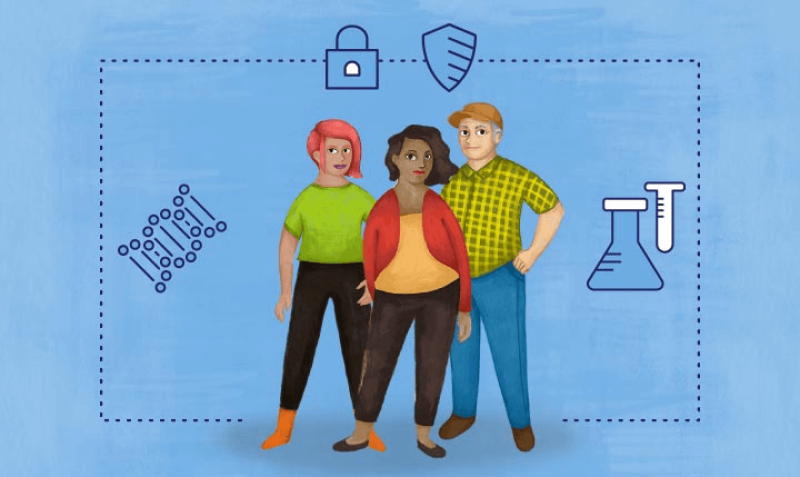This spring, the National Institutes of Health will start recruiting participants for one of the most ambitious medical projects ever envisioned. The goal is to find one million people in the United States, from all walks of life and all racial and ethnic groups, who are willing to have their genomes sequenced, and to provide their medical records and regular blood samples.
…
If all goes well, experts say, the result will be a trove of health information like nothing the world has seen. The project, called the All of Us Research Program, should provide new insights into who gets sick and why, and how to prevent and treat chronic diseases.
…
While supporters say the results will be well worth the money and effort, others have begun to question whether All of Us is just too ambitious, too loaded with cumbersome bureaucracy — and too duplicative of smaller programs that are moving much more quickly.
…
Given the substantial obstacles, will the N.I.H. project, which has not even really begun, be worth the immense expense and effort? Dr. [Rory] Collins, an adviser to All of Us, thinks it will. Huge amounts of data will be needed to really understand interactions between genetics, environment and lifestyle.
Read full, original post: The Struggle to Build a Massive ‘Biobank’ of Patient Data































